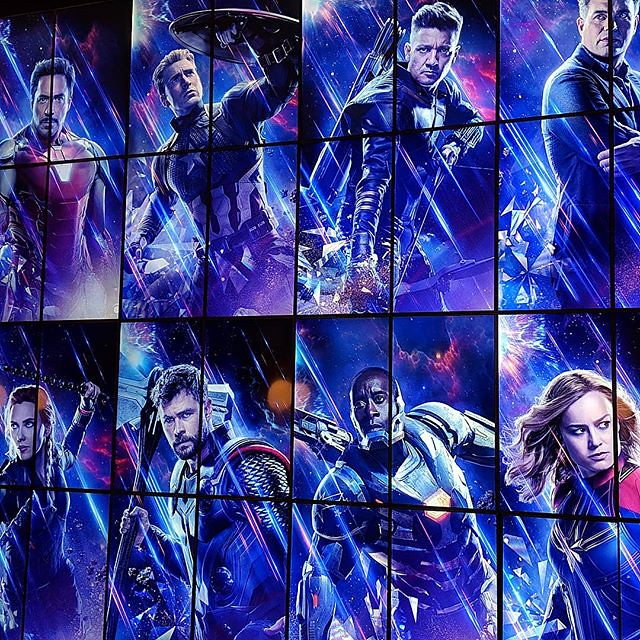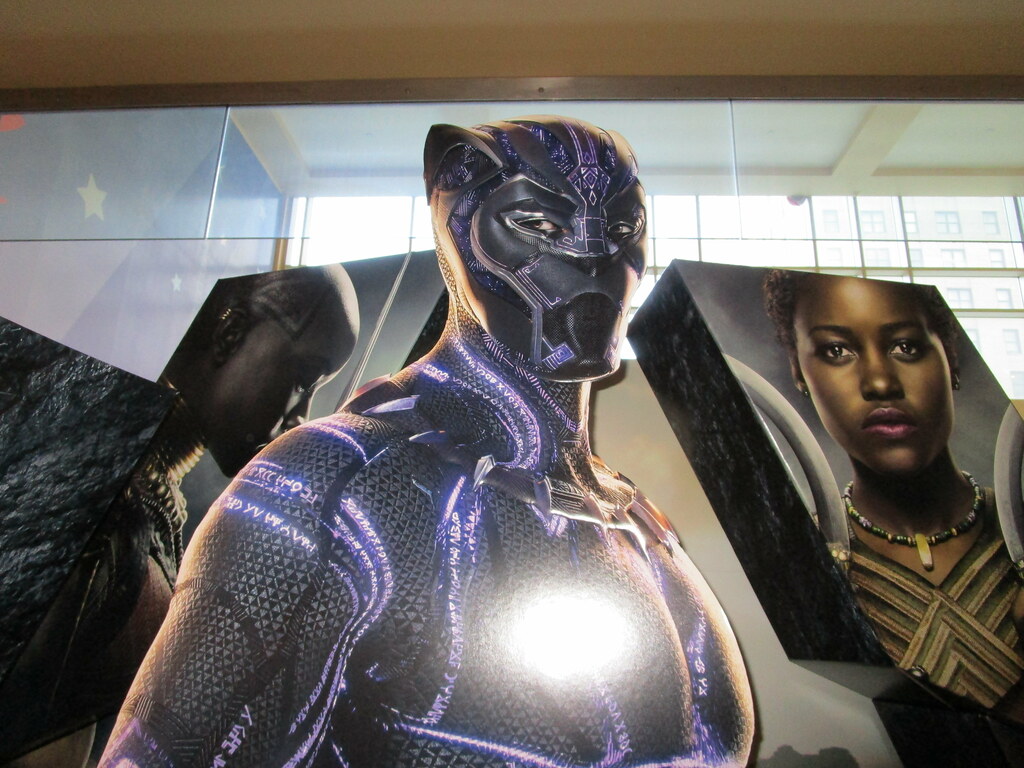When asked about watching Marvel films, director Martin Scorsese had this to say: “I don’t see them. I tried, you know? But that’s not cinema… It isn’t the cinema of human beings trying to convey emotional, psychological experiences to another human being.”
The famed director’s controversial remarks drew fire on social media, prompting angry reactions from Marvel Cinematic Universe (MCU) fans everywhere. Unfortunately, uninspired stories and an abundance of CGI do not make a good film. And a steady output of such content only compounds the issue.
The ubiquitous nature of MCU movies makes them hard to ignore; whether you’re a fan of the films or not, there are constant trailers and promotions of the latest content shoved down your throat. Additionally, decades of films and TV shows have created an absolutely rabid fan base, who lose no time in leaping to social media to post their offended reactions to hearing their beloved franchise derided (even actor Robert Downey Jr. has previously joined in, feeling threatened by indigenous filmmaker Alejandro González Iñárritu’s criticism of the right-wing elements in the MCU).
There have certainly been some notable MCU films over the years. Black Panther, for example, easily remains one of its strongest—for its authentic portrayal of family, culture, and history, mixed in with just enough of Marvel’s signature fast-paced chase scenes and explosions. (It’s a struggle to understand how this film followed the absolute disaster that was Captain America: Civil War.) Even some of the MCU’s more recent work has been worthy of praise, like Ms. Marvel, which reflects on the trauma and painful history that Kamala Khan deals with as a Pakistani Muslim during her superhero arc.
But these examples are only the exceptions in a long line of mediocre filmmaking. Renowned director Francis Ford Coppola responded even more harshly than Scorsese, doubling down—on what he referred to as Scorsese’s “kind” comments—by referring to Marvel films as riskless and “despicable.” It’s hard not to agree with him when Marvel movies have become formulaic—with the tedious affairs being pumped out every few months and quality storytelling being sacrificed to maximize Disney’s profit. Instead of promoting fresh artistry, Marvel has diluted the meaningful and creative aspects of its content to appeal to a broader audience and ensure the franchise’s commercial success.
Many of its films now just feel like two-hour-long post-credit scenes, garnering sure attention for future content. And thanks to the films of Phase 3 and 4—which set up the concept of an MCU multiverse—pretty much every movie now includes “Easter eggs” to hint at the next show or movie, in a long, undoubtedly uninspired succession of stories.
And the MCU can’t blame the lack of success of some of the newer projects on a growing disinterest in superhero films; after all, Spider-Man: Across the Spider-Verse released just this summer, becoming the highest-grossing animated comic book movie of all time. Sony had found success in 2018 with the film’s predecessor, Spider-Man: Into the Spider-Verse, which established a better-found family dynamic within its less than two-hour runtime than all four of the Avengers films. Try as they might, the MCU has been unable to replicate these fascinating, profound stories in the many, many films they’ve released since Spider-Verse that similarly revolve around the concept of a multiverse (Endgame, Quantumania, Multiverse of Madness, to name a few).
MCU films, then, come off as poorly-adapted film fan fiction of the comic book material, with a heavy reliance on CGI and tropey dialogue rather than quality storytelling. This past summer, its TV show Secret Invasion caught fire for its use of AI in its entirely unpleasant opening credits. It was a project that ultimately received little acclaim or even attention; not even the spy thriller theme and the gravitas of Samuel L. Jackson could save it from mediocrity and excessive plot holes. And then there’s last summer’s Thor: Love and Thunder, undoubtedly a fun film, which tried and unfortunately failed to recapture the joy of watching 2017’s Thor: Ragnarok. The audience has further pointed out the MCU-ification of movie humor. They don’t want to watch an endless barrage of unfunny quips— rendering each character indistinguishable and effectively destroying any semblance of actual human emotion by undercutting otherwise serious moments.
It’s not that superhero movies are by default doomed to be boring, soulless films; that’s just how Disney has been making them. And it’s not that Disney can’t make a good Marvel film— look at Black Panther and its undoubtedly well-deserved success.
It’s truly unfortunate this drop in engagement is occurring just when Marvel is beginning to embrace more diverse characters and storylines in its films and TV shows, but people are just burnt out. Perhaps the MCU could have avoided this by prioritizing inspiring and thoughtful portrayals over tried and true, formulaic filmmaking.


